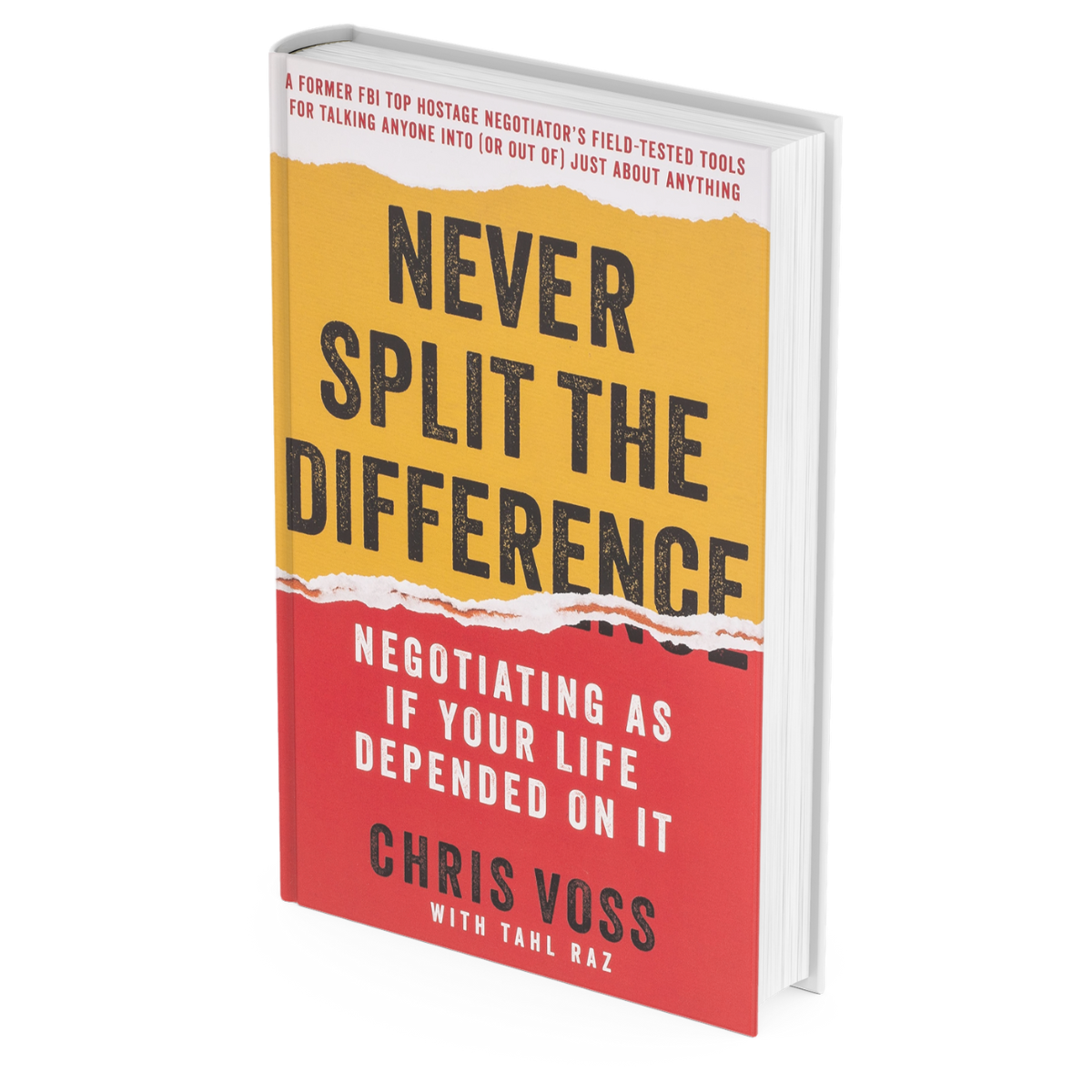
“Most people do not listen with the intent to understand; they listen with the intent to reply.” ― Stephen R. Covey
We often associate effective communication with the ability to speak eloquently and with passion. However, while it’s certainly the key to delivering a great TED talk or wowing a large audience of prospective customers, when it comes to 1:1 interaction, talking is considerably less important than its poor forgotten cousin: Listening. If you’ve spent time in a conversation with someone that sees you more like a TED audience than an actual human being standing in front of them, you’ll be well aware of this fact. What comes across as passion in a large group context will often feel like arrogance in a more intimate situation. So, taking the time to listen matters, but it isn’t just about pausing while the other person speaks, ready to return to your monologue after their, hopefully brief, interruption. No, there’s the potential for a lot more to be going on while your mouth is closed. According to the Co-Active Training Institute, the world’s largest coach training provider, there are actually three levels of listening:
Many managers, and particularly new managers, can struggle to get beyond their own level 1 listening. Nothing puts us into our Level 1 more than a little imposter syndrome, or the general assumption that, as the manager, we’re now supposed to have all the answers. And sure enough, aggregate analysis of our Whole-Mind Manager data confirms that ‘Listens to Understand’ is a common challenge for many of the managers we work with. The key for them, and for you, if our description of level 1 listening sounded familiar, is to engage your own natural curiosity. Approach each conversation as an opportunity to learn and discover something new and, sure enough, you will! Ok, I’m done talking. It’s your turn. |
This week’s inquiry…
Why not experiment this week with listening at level 1 and then at level 2? Notice the difference in the quality of the interaction in each case.
Dive Deeper…
Celeste Headlee has worked as a radio host for decades, and she knows the ingredients of a great conversation: Honesty, brevity, clarity and a healthy amount of listening. In this insightful talk, she shares 10 useful rules for having better conversations. “Go out, talk to people, listen to people,” she says. “And, most importantly, be prepared to be amazed.”
“A conversation requires a balance between talking and listening, and somewhere along the way, we lost that balance.”
You might naturally assume that negotiating is all about talking but, just like all other forms of effective communication, listening skills are a far more critical part of the negotiation process. Chris Voss, a former international hostage negotiator for the FBI offers this insight along with many others in this fascinating book, full of real world examples, from buying a new car to negotiating with terrorist on the release of hostages.


